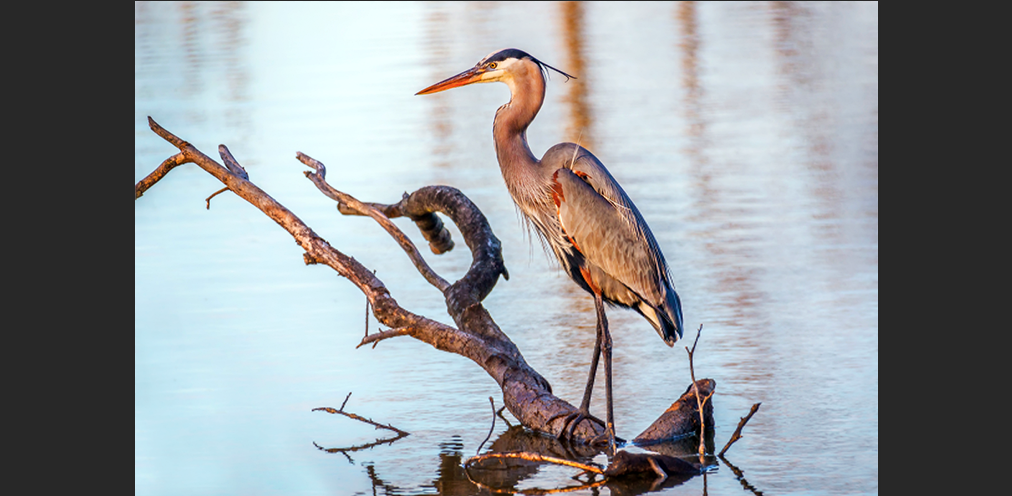The American Sportfishing Association (ASA) praised the U.S. House of Representatives, who passed without objection, America’s Conservation Enhancement (ACE) Act, a historic package of bills to benefit fish and wildlife conservation throughout the U.S. With the U.S. Senate unanimously passing the ACE Act on September 16, it now moves to President Trump to sign into law.
“The ACE Act has strong support from the recreational fishing industry,” said Mike Leonard, vice president of Government Affairs for the ASA. “It includes several provisions that will benefit fisheries conservation and safeguard anglers against unwarranted restrictions on their fishing equipment.”
Leonard further said, “With today’s overwhelming and bipartisan approval of the ACE Act, this Congress is building an even stronger record as one of the most productive Congressional sessions on conservation issues in recent memory.”
“House passage wouldn’t have been possible without the leadership and dedication of many in Congress, especially House Natural Resources Committee Chairman Raul Grijalva (D-Ariz.), Ranking Member Rob Bishop (R-Utah), Rep. Joe Cunningham (D-S.C.) and Rep. Mike Thompson (D-Calif.),” said Leonard.
Of special importance to the organization, the ACE Act:
- includes the National Fish Habitat Conservation Through Partnerships Act, led by Reps. Rob Wittman (R-VA) and Marc Veasey (D-TX), which brings together local, state and federal partners to carry out on-the-ground aquatic habitat restoration projects for the benefit of recreational fishing;
- protects lead fishing tackle from unwarranted EPA regulation for the next five years; and
- reauthorizes and boosts funding for programs critical to the health of the Chesapeake Bay, the nation’s largest estuary, and a critical nursery for sportfish throughout the Atlantic region.
“We’ve been working on some parts of the ACE Act for over a decade, so it is extremely rewarding to be this close to the finish line,” said Leonard. “We eagerly await the President’s signature on the ACE Act which will provide benefits to natural resource conservation and fishing access for many years to come.”














